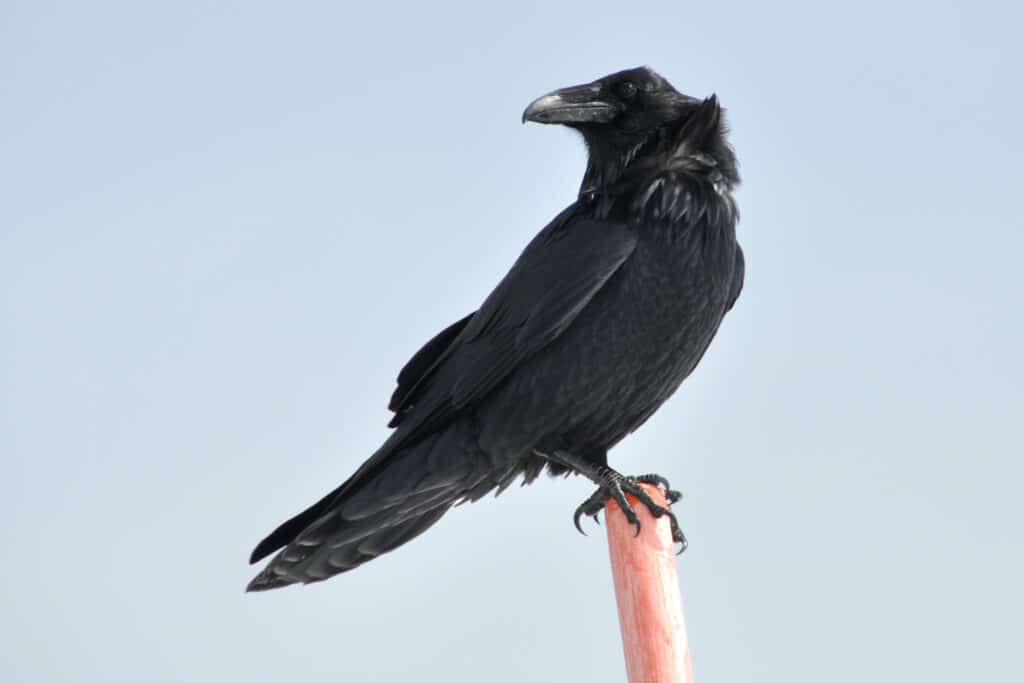
Scientists have figured out why birds with small brains can be very smart
(ORDO NEWS) — Despite the fact that, relative to body mass, the brain of birds is much smaller than the brain of mammals, it contains a huge number of nerve cells.
Scientists have shown how birds can maintain such a large number of brain cells that give some birds impressive cognitive abilities. It turned out that avian neurons consume three times less energy than mammalian neurons.
The mass of our brain is only about 2% of our body mass, but at the same time it consumes 20-25% of all the energy that our body produces. This makes the brain the most energy-consuming organ in our body.
We and other mammals could afford such a large brain only through evolutionary means to supply nerve cells with large amounts of glucose, one of the most common sources of energy in living organisms. In all mammals, the energy balance of neurons likely imposes evolutionary limits on brain size.
At the same time, some birds are in no way inferior to mammals in cognitive abilities, although their brains are much smaller.
For example, the brains of the smartest birds, such as parrots and crows, weigh only 10–20 grams, while the brain of a chimpanzee weighs about 400 grams.
A 2016 study showed that the intelligence of birds is due to the fact that they have two to three times more nerve cells per brain volume than mammals. Their neurons are smaller and packed very compactly.
However, the question remained how such a small animal could afford such an incredible number of neurons.
Scientists from the Ruhr University in Bochum (Germany) were able to answer this question in an article published in the journal Current Biology. It turned out that the numerous neurons of the brain of birds consume very little energy.
During the research, scientists analyzed the brains of pigeons using the method of positron emission tomography (PET).
By adding a special contrast radiopharmaceutical, they were able to assess how much glucose the pigeons’ brain nerve cells consume when awake and during drug-induced sleep. After that, they ran simulations to quantify the rate of cerebral glucose uptake.
To the surprise of scientists, the relative energy consumption of bird neurons was three times less than that of mammals. Thus, birds have additional mechanisms that allow them to spend less energy on brain function.
Part of this may be due to their higher body temperature, but scientists believe that there are other, currently unknown factors. Perhaps the evolutionary strategy that allowed birds to achieve high intelligence was more optimal than that of mammals.
—
Online:
Contact us: [email protected]
Our Standards, Terms of Use: Standard Terms And Conditions.









